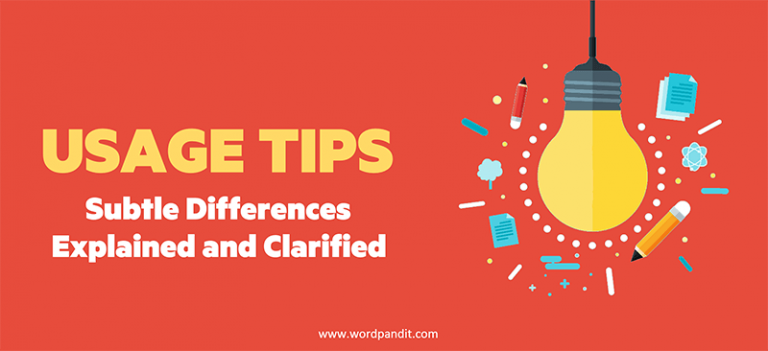Adjoin vs. Adjourn: Understanding the Difference ✨
Have you ever heard someone say they need to “adjoin the meeting” and found yourself wondering if that was quite right? 🤔 You’re not alone. These two words – adjoin and adjourn – are often confused, but they have very different meanings. Understanding these distinctions is not only essential for sounding polished but also for avoiding some humorous misunderstandings in formal settings. 😅
What Do They Mean?
Adjoin means to be next to or in contact with something. For example, “The library adjoins the town hall.” 🏛 It’s about proximity, the idea of two things being physically connected or side-by-side. Meanwhile, adjourn means to pause or suspend proceedings, often temporarily. ⏸ You’d typically use it in the context of meetings or formal gatherings, like “The judge adjourned the hearing until tomorrow.” ⚖️
Adjoin 🏙
- Definition: To be next to or joined with something.
- Pronunciation: uh-JOIN 🔊
- Etymology: Derived from Latin adiungere, meaning “to join to.” 📜
- Usage Example: “The garden adjoins the house, offering a seamless view of the flowers from the kitchen window.” 🌼
- Synonyms: Neighbor, touch, border, connect, abut. 🔗
- Antonyms: Separate, detach, divide, disconnect. ✂️
Adjourn ⏰
- Definition: To temporarily end or pause a meeting or session.
- Pronunciation: uh-JURN 🔊
- Etymology: Comes from Old French ajourner, meaning “to defer to another day.” 📜
- Usage Example: “After a long discussion, the committee decided to adjourn the meeting until next week.” 🗓
- Synonyms: Suspend, postpone, recess, delay, defer. ⏳
- Antonyms: Convene, begin, resume, continue, start. 🚀
Comparing Adjoin and Adjourn 🆚
While these words might look similar, their meanings are entirely distinct. Adjoin refers to physical closeness, whereas adjourn relates to pausing activities. Imagine a courtroom: the judge might adjourn the proceedings for a recess, but the rooms themselves could adjoin each other. 🏛🔇
Contextual Usage 📝
“The meeting room adjoins the cafeteria, which was convenient when we decided to adjourn for a lunch break.” 🍽
Mnemonic Device 💡
- Adjoin: Think of “join,” meaning things being next to each other. 🤝
- Adjourn: Think of “journey” – pausing to resume later. 🚶♂️
Related Word Pairs 🔄
- Affect vs. Effect: Affect is a verb, while effect is a noun. 🎯
- Elicit vs. Illicit: Elicit means to evoke; illicit means forbidden. 🚫
Conclusion 🏁
To sum up, adjoin is about proximity, while adjourn is about taking a break. 🛑 The key is to remember that adjoin involves physical closeness, while adjourn involves stopping an activity temporarily. You’ve got this! 💪
Confusing Words Quiz: Adjoin & Adjourn 🎯
1. The garage will ___ the new extension once it is complete. 🏠
2. The council decided to ___ the debate for the day. ✋🗣️
3. Adjoin means to end a meeting temporarily. ❓
4. Identify the synonym for the word “Suspend”. ⏸️
5. The court decided to ___ the trial until after the holidays. 🏛️📅
6. Which word describes two buildings being next to each other? 🏢
7. The two buildings ___ each other, and the meeting was ___ for a quick break. 🏗️⏸️
8. Which word comes from Old French meaning ‘to defer to another day’? 📜
9. Adjourn can be used to describe two buildings being next to each other. 🤔
10. The meeting was ___ after it was decided that the venue would ___ the adjacent conference room. 🏛️🏢













